6 things Hollywood gets wrong about doctors - and 4 things it gets right
Myth: Doctors fit into easy stereotypes

Myth: Being a doctor is all about diagnosing and treating patients
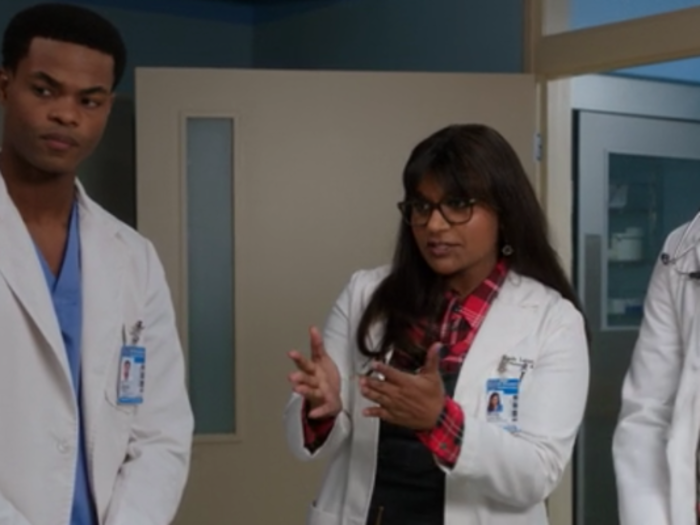
You'd never see the snarky Dr. House or the ensemble of "Grey's Anatomy" getting put on hold by an insurance company for hours.
That doesn't mean that real doctors don't have to deal with a massive volume of bureaucracy, Reece notes.
However, she adds that such scenes would definitely make any story less compelling.
"I understand why they don't depict it," she says. "It would be terrible. It would be a bad story."
Myth: Medical culture is the same across the board
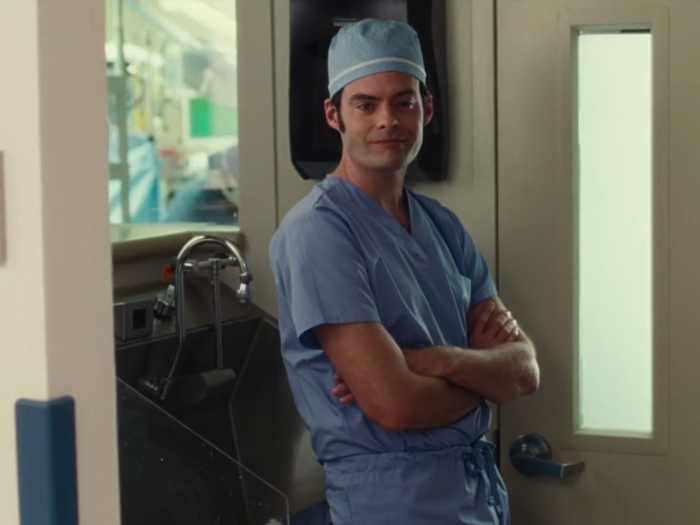
Reece says that few medical shows are able to accurately capture medical culture. She cited the 2015 film "Trainwreck" as an example of what Hollywood gets wrong about subtle differences between medical occupations. In the romantic comedy, Bill Hader's sweet, soft-spoken character works as a cardiothoracic surgeon.
Reece says that, while she has met plenty of perfectly nice cardiothoracic surgeons, gentleness and quietness would be a detriment in that particular field.
"You couldn't be soft spoken," she says. "You'd be eaten alive. You wouldn't get into a residency program for cardiothoracic surgery if you didn't culturally fit in."
Myth: A hospital is a great place to have a romance
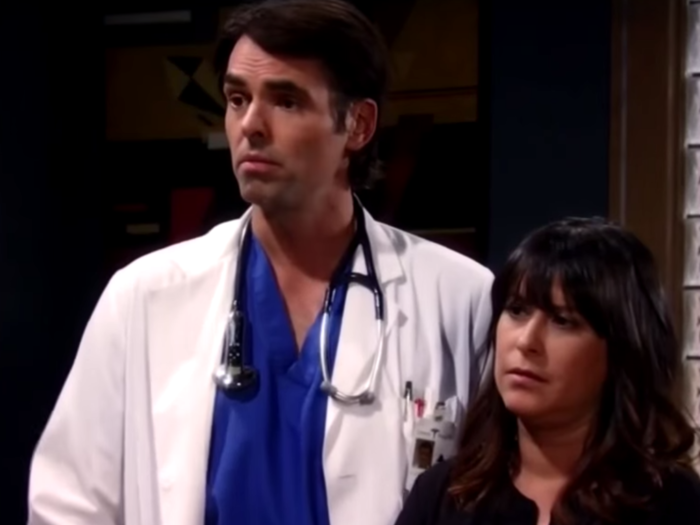
With all of the romantic entanglements going down in so many medical dramas and medically-themed soap operas, it's fair to wonder how some of these physician protagonists have any time left over to treat patients.
Of course, romance can arise between doctors in real life — just like it can in any workplace. However, most physicians just don't have the time to hook up in empty hospital rooms between shifts (in fact, inappropriate behavior in the hospital could probably really hurt your career). Plus, despite what you see on television, not all medical teams are composed of young, attractive singles.
Myth: Scrubs look good
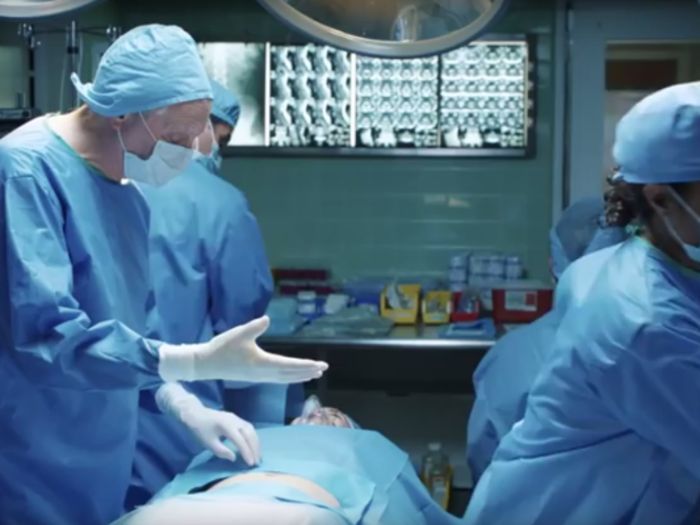
Most medical dramas get the scrubbing process totally wrong, according to Reece. She says that there might be aesthetic reasons for this — bouffant surgical caps aren't necessarily a great look for most people.
"When you scrub into a surgery, it looks pretty ridiculous," she says. "You look like you're in a really weird space suit."
Myth: Physicians are magicians
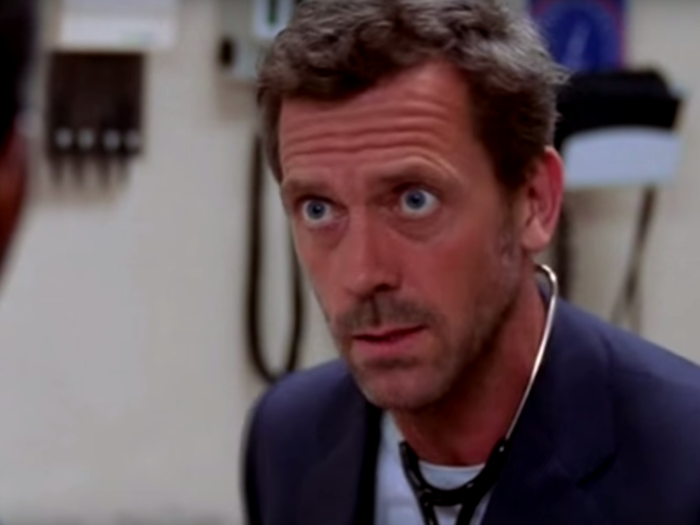
Most people don't fully understand medicine — there's a reason it takes an average of 14 years to become a physician. As a result, fictional depictions of medicine can make it look more like magic than anything else.
"In media, science is so often portrayed as magic," Reece says. "And medicine is so often portrayed as magic. It can fix anything."
Jiwani explains that this can cause individuals to rely on medical "cures" and intervention to treat health issues, rather than focusing on preventing medical crises through healthy living. Additionally, he notes that shows tend to focus more on the physicians themselves than the people they treat.
"What bothers me about that is you have the hero physician and then some unidentifiable patient," he says. "There's this clear depiction of the physician carrying all the agency in that scenario. This is prevalent throughout depictions of physicians throughout media. It's just inaccurate."
In many medical shows, patient recovery spans the length of an episode. At the end, these fictional characters often get to go home, fully cured. Jiwani says that this "full recovery" trope is also problematic, even though it makes for "satisfying TV."
Reece adds that this trope can frustrate both doctors and patients, as it warps patient expectations and makes them feel as if they've "failed" if they don't leave the hospital fully recovered.
"We don't really allow for the possibility of the patient ever being disabled, having a chronic illness, or living with disease, even before they come in," she says. "It kind of drives me crazy because most of the patients we see in the hospital already have conditions before they're admitted — they're living with heart disease, cancer, or diabetes. We get this idea that once patients have left the TV hospital, they just disappear into the world of healthy people. It's not true. Expecting that can cause a lot of anguish for patients and a lot of frustration for doctors."
Truth: It's gory
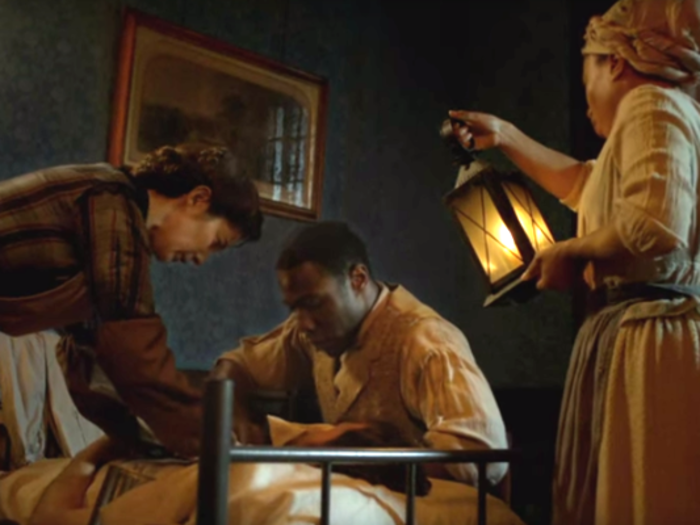
Before she entered medical school, Reece says she figured some of the graphic fictional depictions of surgery were the just the result of over-the-top, gory writing.
"Weirdly enough, most of the special effects and gore on TV are pretty darn accurate," she says. "Before I went to medical school, I totally thought it must be fake. Especially the super fake-looking stuff — the spurting, Monty Python-style blood during surgery. I thought it was an exaggeration. You're like, why are they showing that? The thing is, that's not an exaggeration. It actually spurts, Monty-Python style."
Truth: Most physicians make a lot of money
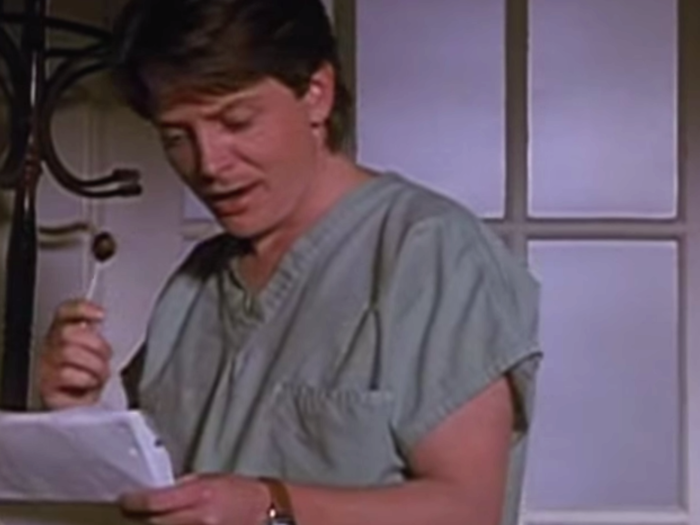
It's true that most doctors make a lot of money.
It may not be the case for those just starting out — but in 2015, the average primary care physician made $195,000, while the average specialist made $284,000.
However, it's important to remember that with the job often come crazy hours, stress, and many years of (expensive) schooling.
Truth: Doctors have crazy schedules
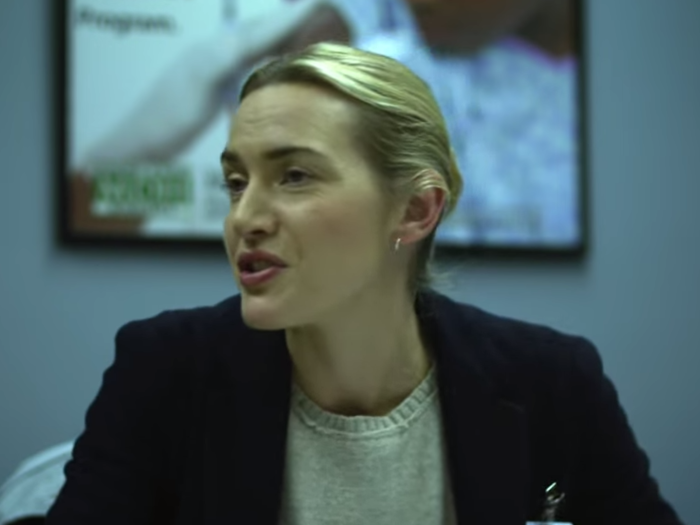
Shows about doctors tend to focus on all of the action at the hospital, naturally.
That's not too far from the truth. Physicians do have intense schedules.
The American Medical Association notes that about a quarter of doctors reported working between 61 and 80 hours a week in 2014: "Across all age groups, roughly one-half of physicians said they would prefer to work fewer hours per week."
There's a reason that more than half of US physicians report at least one symptom of burnout, according to Reuters.
Truth: Hospitals are a great setting for stories
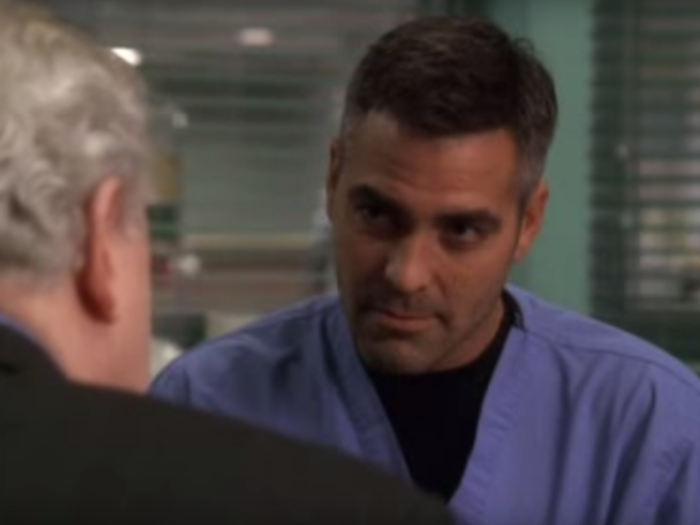
So, why exactly are so many shows set in hospitals? Why aren't viewers sick of seeing beautiful people in scrubs make out and spout medical jargon?
Reece compares medical dramas to shows set in high schools. The show's very setting setting lends itself to a structure, a formula, and character motivation, all at once.
"The characters are stuck in there, they're with people they wouldn't necessarily have chosen, and they're spending 12 hours a day in high emotional circumstances with those people," she says. "You're basically describing high-stakes high school, right there."
Jiwani adds that the relative universality of medicine and health issues makes it easy for viewers to relate to medical dramas.
"Every person has had at least some exposure to a physician, either through check ups in childhood to some ongoing medical condition," Jiwani says. "Medical shows are personal to viewers to some degree."
Reece agrees, noting that many people have their most life-changing moments in hospitals.
"You have times of illness, times of crisis, and death," she says. "It's all there and it's easy fodder for drama and stories. And you have potential for a different story every week, with different families, different crises, and different kinds of crises. It both creates drama and acts as a catalyst for pre-existing interpersonal dram. That is a great basis for a lot of stories."
Shows that get it right
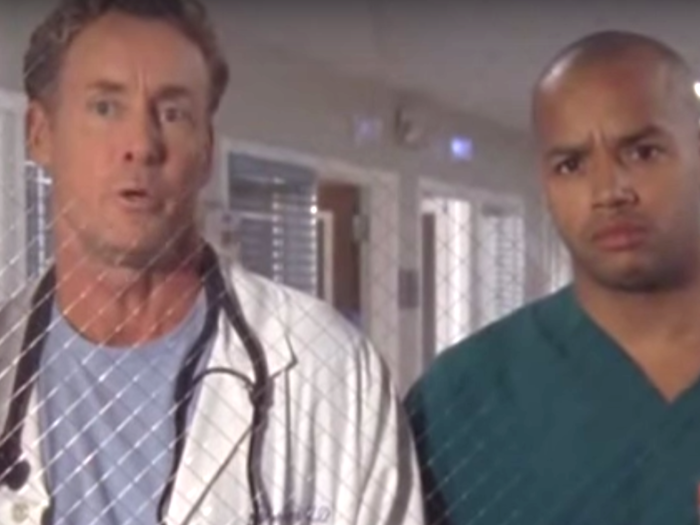
So, what fictional depictions do get it right?
Reece and Jiwani agree that they haven't seen a truly accurate fictional series or movie that captures the experience of being a doctor.
This might be a good thing. As Reece notes, a fully true to life depiction of the medical profession would be pretty boring.
She adds that "Grey's Anatomy" captured the competitiveness and focus of the operating room in its first season. She also says that "Scrubs" was somewhat accurate, with its focus on interactions between physicians, nurses, and patients.
Jiwani agrees, saying that he finds "Scrubs" the most spot on.
"Strangely, I find the satirical shows to be more cathartic and more satisfying for me," he says. "When I watch satire, I listen more for what they get right, as opposed to a show that claims to depict reality. Then I continually notice what they get wrong."
Popular Right Now
Popular Keywords
Advertisement